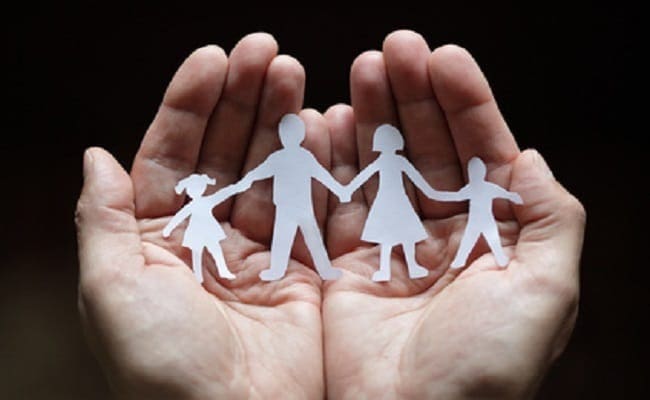Talking to your child about their adoption can elicit different emotions from adoptive parents. Some may be excited to share the story of love, while other adoptive parents may be nervous about answering the questions that may follow. But no matter how or what information you choose to share with your adopted child, it is important to realize that discussing adoption can be an ongoing process.
As children grow, they develop different levels of understanding, especially related to adoption. Often times, children will begin talking about their adoption to peers, before even understanding it fully. This can cause confusion among their non-adopted classmates and bring up questions your adopted child may not be ready to answer. For this reason, it is important to know how to prepare your child to discuss adoption and answer questions from their peers.
Early Stages- Preschoolers
Because children often appear as though they understand more than they really do, they will need to have their adoption story repeated as they pass through different developmental stages and their view of adoption shifts. For example, a study at Rutgers found that preschoolers generally accept being “adopted,” because they don’t yet understand the concept of being born into a family. Usually at this age, children learn to repeat what they’ve heard from their parents. Although a child usually doesn’t understand the adoption concept at this stage, it can still be a helpful period for learning positive adoption language and setting the stage for future discussions.
Because preschoolers are likely to accept this information at this stage with few questions, parents should not feel pressure to perfectly navigate through the topic or have all the “right” answers. In fact, providing too much information at this stage where children understand very little about adoption, may overwhelm and confuse them. Parents can begin with a simple version of the story as a foundation, while adding details and further explanation in the coming years.
Evolving Comprehension
At around age 6, the Rutgers study found that children became more interested in life and death issues, like where animals come from and where they go after they die. At this time, children can begin understanding the differences between birth and adoption because they can understand conception. Now that your child can understand an important piece of the adoption puzzle, you will likely need to go over the adoption story again. This time, parents may have to explain that adopted children are born, just like all other children were born. Without this clarification, some adoptees at this stage may conclude that their friends were born to their parents, and because they themselves were adopted, this means they were not born.
For some children, their first encounter with adoption occurs when hearing about it from classmates who were adopted. Often times children who are not familiar with the concept may say hurtful things in their lack of understanding. For example, saying that the adoptive parents aren’t the “real parents,” or assuming that the adoptee’s birth mother did not love a child, are all conclusions non-adopted children may draw from their own experiences and the little information they know about adoption. While it may be impossible to shield your child from every hurtful statement they may encounter about adoption, there are some tips and tools your adoptee can use adoption questions from peers come up.
Tips For Your Adoptee
Simple answers are best. Because children appear to understand more than they really do, it is important to keep it simple when explaining things to your child, especially since they may try to repeat this to their peers. It is common for children to get upset when faced with questions they aren’t sure how to answer, so it is important for children to know that they don’t have to answer every question and that they can always walk away. Rather than get upset, or try to argue, parents can help children learn to cope by keeping calm and not retaliating.
The best way to teach this is to practice it yourself and set an example when you encounter questions about adoption. When it comes to supporting your children through the difficult conversations they may have with their peers, listening is an important tool. As their understanding of adoption grows and changes, they will have different questions and need different information from you.
To learn more about what to teach and how to answer questions about your loved one’s adoption, visit our website or call our office at 800-637-7999.
